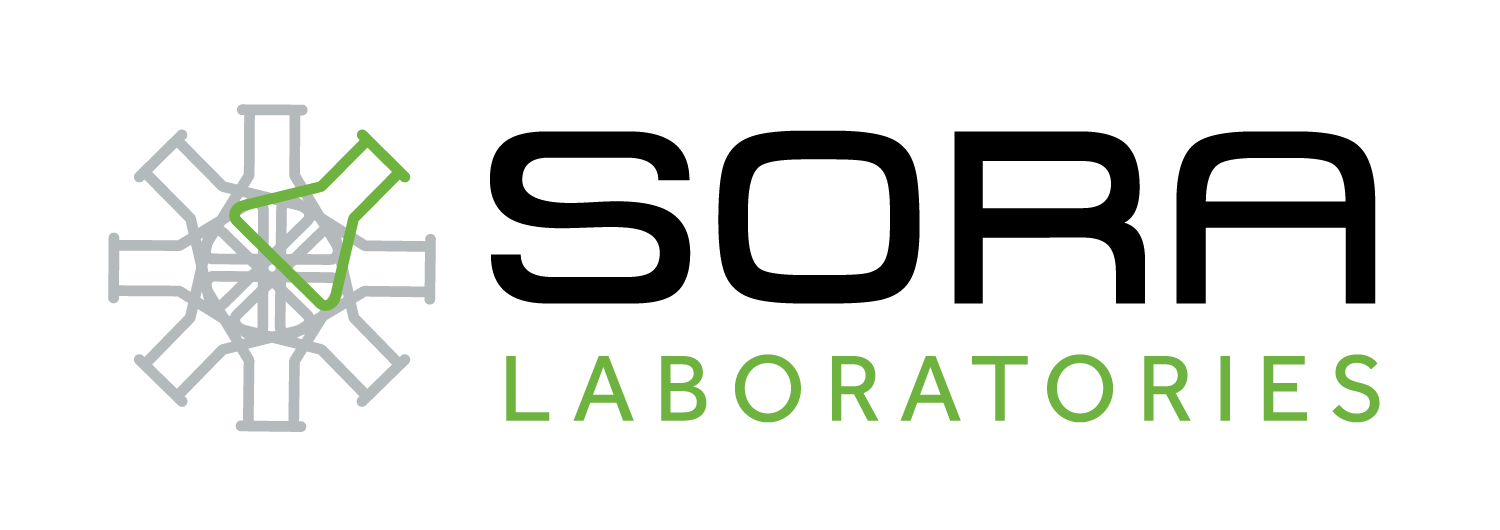Outsourcing for analytical testing is common and is routinely needed for methods that in-house labs don’t have the capabilities to run themselves. As part of the supplier qualification process, a quality agreement should be developed so both parties have a clear understanding of their responsibilities. The quality department in each company should agree and sign this mutually beneficial document. The quality agreement will outline commitments, communication responsibilities, notification requirements, as well as documentation procedures related to quality management. This is an important way to strengthen the supply chain and put the focus on quality.
The lab’s responsibilities may include items such as:
• Running compendial or scientifically valid test methods.
• Notifying the client regarding changes in the Quality Management System (QMS) that can affect testing of the client’s products.
• Notifying the client of planned and unplanned deviations.
• Maintaining confidentiality of client information and test results.
The client’s responsibilities may include items such as:
• Selecting samples that give the best representation of the material being tested.
• Using proper handling, storage and shipping procedures to protect the integrity of the sample until it arrives at the lab.
• Supplying accurate information when submitting testing samples.
• Taking responsibility for final product release and related specifications.
The quality agreement should also include language about communicating any changes that either party requests and agreeing on these changes as they occur. All items outlined can be negotiable and drafted for the specific partnership.
Having a quality agreement can provide peace of mind that everyone involved is doing their part to ensure a quality product in the end. SORA Labs wants to be a trusted and valuable extension of your quality team. Talk to us today about creating quality agreement with us!

